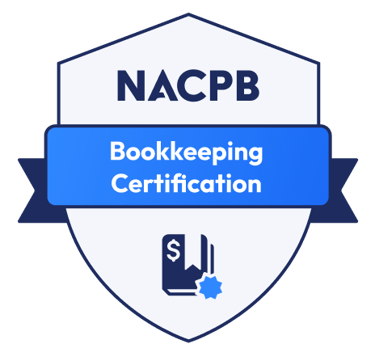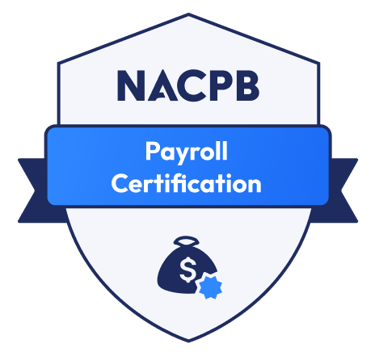7 Ways for General Contractors to Keep Each Job Profitable
CONTRACTOR BOOKKEEPING
Pamela Brown
5/3/20251 min read


As a general contractor, managing multiple projects, subcontractors, and fluctuating costs can make bookkeeping a complex and time consuming task. However, maintaining accurate financial records is crucial for profitability and compliance. Here are some essential bookkeeping tips to help you stay on top of your finances.
1. Implement Job Costing
Job costing involves tracking all expenses and revenues associated with a specific project. This includes labor, materials, equipment, and subcontractor fees. By assigning costs to individual jobs, you can assess profitability and make informed decisions. Utilize accounting software like QuickBooks or Buildertrend to streamline this process.
2. Separate Business and Personal Finances
Mixing personal and business finances can lead to confusion and potential tax issues. Open a dedicated business bank account and use it exclusively for business transactions. This separation simplifies record-keeping and provides a clear financial picture of your business.
3. Regularly Reconcile Accounts
Consistently reconciling your bank statements with your accounting records ensures accuracy and helps identify discrepancies early. Aim to reconcile accounts monthly to maintain up-to-date financial information.
4. Manage Accounts Payable and Receivable
Keep track of all incoming and outgoing payments. Promptly invoicing clients and following up on outstanding payments improves cash flow. Similarly, monitoring your payables ensures timely payments to suppliers and subcontractors, maintaining good relationships and avoiding late fees.
5. Utilize Accounting Software
Invest in reliable accounting software tailored to the construction industry. Features to look for include job costing, progress billing, and integration with project management tools. Software like CoConstruct or Procore can offer comprehensive solutions for contractors.
6. Maintain Accurate Records
Keep detailed records of all financial transactions, including receipts, invoices, and contracts. Organized documentation supports accurate bookkeeping and is essential during audits or when seeking financing.
7. Consult with a Professional
Consider working with a bookkeeper like Profit Counts Bookkeeping that has experienced in the construction industry. They can provide valuable insights, ensure compliance with tax regulations, and help optimize your financial processes.
By implementing these bookkeeping practices, general contractors can gain better control over their finances, leading to increased profitability and business growth.










